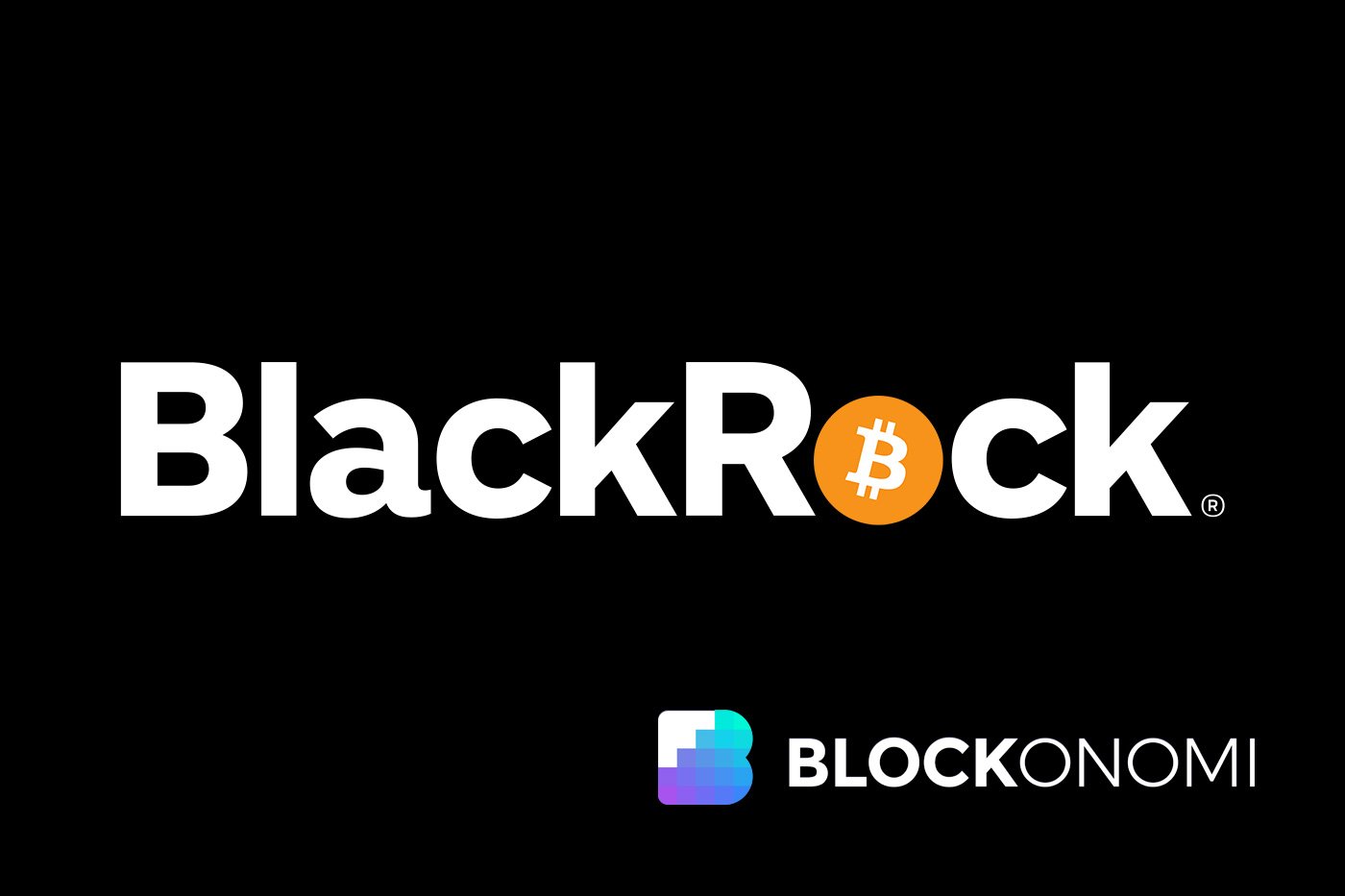
BlackRock, the world’s largest asset manager, is making headlines once again. After spearheading advancements with its successful Bitcoin ETF, the company is now diving deeper into blockchain technology by planning to tokenize exchange-traded funds (ETFs). This innovative move could reshape how institutions and retail investors interact with financial assets.
What Is Tokenization and Why Does It Matter?
Tokenization is the process of converting tangible and intangible assets, such as stocks or real estate, into digital tokens that live on a blockchain. By doing so, tokenization can simplify asset management, improve transparency, and significantly reduce costs for institutional and retail investors. CEO Larry Fink of BlackRock has been a strong advocate for tokenization, often highlighting its potential to democratize investment opportunities by lowering fees and simplifying the overall process.
BlackRock’s Blockchain Vision
Building upon the success of its iShares Bitcoin ETF and its $2 billion BlackRock USD Institutional Digital Liquidity Fund, the asset manager is doubling down on blockchain innovation. The plan to tokenize ETFs tied to real-world assets (RWAs), such as stocks and bonds, aligns with BlackRock’s drive to lead the financial industry’s digital transformation. As reported by Bloomberg, this initiative could make ETFs available on-chain, ensuring greater accessibility and enhanced market efficiency.
Wall Street’s Embrace of Blockchain
Tokenization is no longer a niche concept. Significant players on Wall Street, such as Galaxy Digital and Nasdaq, are also adopting blockchain solutions. Galaxy Digital, for instance, became the first Nasdaq-listed firm to tokenize its common stock, marking a milestone for the industry. In tandem, Nasdaq has approached U.S. regulators, seeking approval to integrate tokenized stocks into its trading framework. These developments reflect Wall Street’s growing confidence in the potential of blockchain to revolutionize traditional financial markets.
The Role of Regulatory Bodies
The U.S. Securities and Exchange Commission (SEC) and the Commodity Futures Trading Commission (CFTC) have shown openness to exploring tokenization. Through initiatives like Project Crypto, regulatory bodies are studying ways to incorporate blockchain into existing market structures. This includes examining how tokenized assets could offer 24/7 market operations, similar to cryptocurrencies. Such progressive regulatory stances only fuel optimism for the tokenization movement spearheaded by firms like BlackRock.
A Decade-Long Transformation
While the broad adoption of tokenized assets is still in its infancy, experts believe it’s a trend that will shape financial markets for the next decade. Bloomberg analyst James Seyffart predicts a gradual but undeniable shift towards tokenization. Much like the rise of digital assets, tokenization has the potential to redefine how institutions and investors approach asset management.
How BlackRock’s Innovation Could Impact You
For investors, the tokenization of ETFs could mean lower costs, easier access to diversified portfolios, and more efficient trading mechanisms. As blockchain-based solutions reduce intermediaries, investing becomes simpler, more transparent, and cost-effective. If you’re looking to explore blockchain-based investing, resources are steadily growing. For example, you could consider products like iShares Bitcoin Trust, a pioneering digital asset fund by BlackRock that brings cryptocurrencies into mainstream portfolios.
Final Thoughts
BlackRock’s commitment to tokenization is a testament to the transformative power of blockchain technology. As more Wall Street firms and regulatory bodies embrace this shift, the financial industry edges closer to a future where transparency, accessibility, and efficiency reign supreme. Whether you’re an institutional investor or a retail trader, this is a trend worth watching closely.





